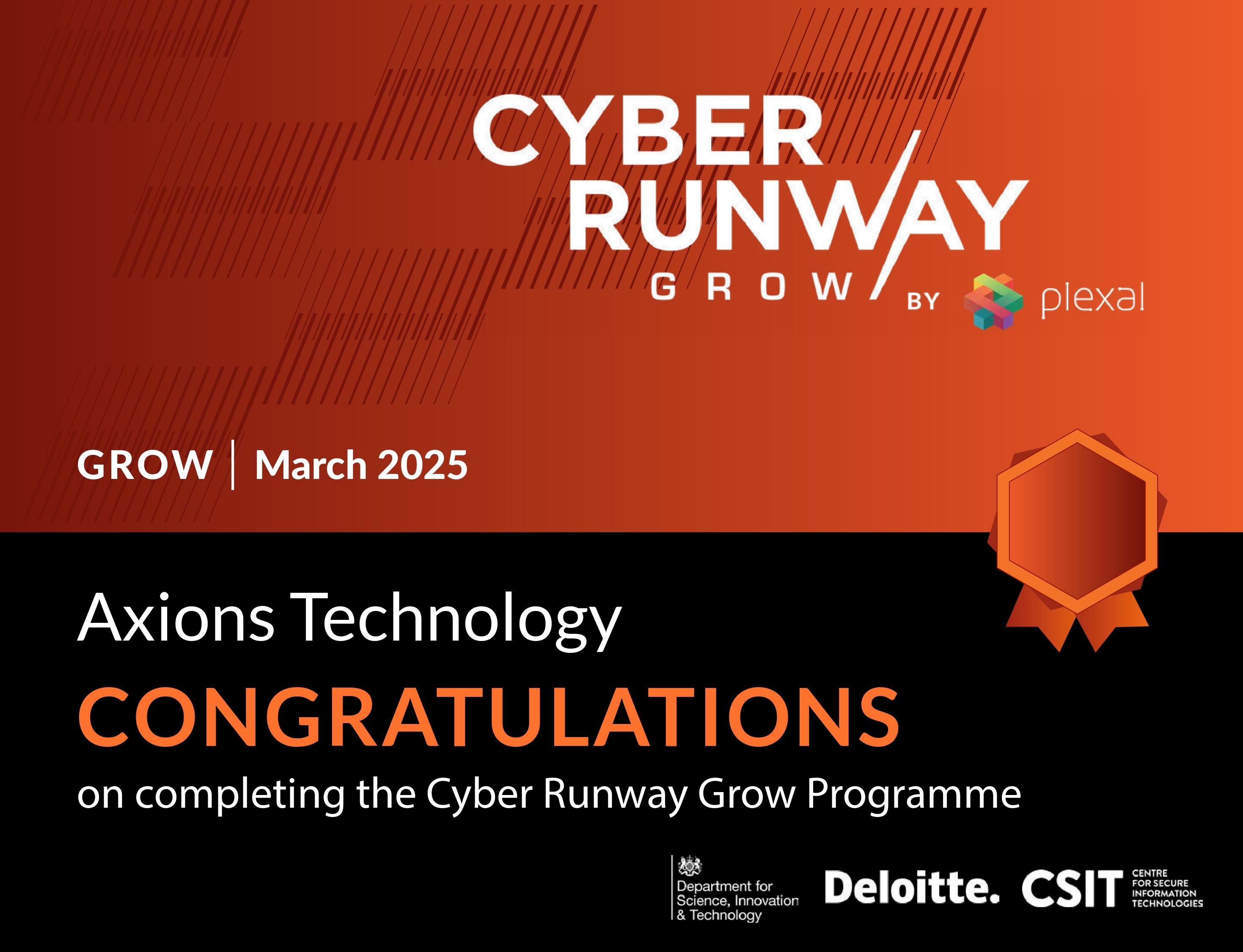About Us
Date: 14th August 2025
Date: 14th August 2025
Medical devices in hospitals are increasingly complex connected systems that fail mysteriously, causing treatment delays and safety risks. Resolution often takes weeks because no single team possesses the required expertise spanning device protocols, networking, cybersecurity, and clinical safety.
Clinical Engineering teams lack IoT and networking skills, while IT teams don't understand medical equipment. With connected devices growing 25% annually, this skills gap becomes increasingly critical.
Axions Tech is developing Iris, an AI-powered tool that bridges this expertise gap. Having spent three years embedded at a major London teaching hospital, we've witnessed how device failures cascade into operational chaos cancelled procedures, delayed treatments, and overwhelmed teams.
Our AI diagnoses problems in minutes rather than weeks, providing role-specific guidance each team can action. Early testing shows 90% reduction in diagnostic time, preventing costly cancelled operations and returning hours to patient care.
Starting with healthcare, where device reliability directly impacts patient safety, we're building AI that ensures critical infrastructure works when needed most.
Axions Technology recently graduated from the Plexal Grow program sponsored by DSIT.

AI hype is everywhere - but too often, it lacks practical impact. Some NHS hospitals have asked staff not to use AI directly, missing out on the practical benefits.
Here's one example where AI delivered real value.
NHS trusts used local naming categories for medical devices before national standardisation. This makes it hard for central bodies to track device inventories over trusts. The GMDN (Global Medical Device Nomenclature) is the UK standard which is now the gold standard.
Over a flat white, I decided to test Google Gemini AI. I used a single GMDN search result and a made-up asset description (with a misspelt manufacturer and incomplete details) and asked Gemini to classify it correctly. Here's where it got tricky: the search result I used didn't match the category of the device I was working with. Gemini had to infer the right classification from just one page of data, despite the mismatch. The result? Perfect classification.
I then tested it with 10 hospital devices from memory. Gemini delivered flawless results. When I added other none UK ontologies, it aligned them effortlessly.
What took one coffee could scale to solve a long-standing NHS challenge. AI might not currently have a cure for everything, but it's perfect for removing roadblocks to better device management in healthcare.
👉 If you're tackling similar challenges in healthcare, let's connect!
My team and I have been working on similar classification problems for one of the largest London NHS Trusts and 3 NHS Hospitals for the last 3 years. The result has been the research and development of Iris, an intelligent diagnostic tool specifically engineered for medical device environments.
👉 Interested to learn more or have an exploratory conversation, email ian@axionstech.com
Ian Broadhead
Chief Technology Officer and Co-Founder
Axions Tech, www.axionstech.com
#AI #HealthcareInnovation #NHS #MedicalDevices #DigitalHealth #AIinHealthcare #GMDN #TechSolutions #DataStandardisation #HealthTech
In a past genomic project, agreeing on an ontology consumed years of clinician time. Every classification needed careful validation.
Recently, I tested Google Gemini on a tough challenge: classify all hospital medical devices using the GMDN ontology — which isn’t publicly available. With just a single search result and a prompt, it delivered a perfect classification for 5 test devices.
I scaled it up to nearly 2,900 devices using Gemini Flash. Again, accurate results — statistically validated, with reasoning that mirrored how I’d approach it (only much faster). There have been an exception found since which was vague but no alternative was found by me. I would still run the results through peer review obviously but this should be a quick process.
This is transformative.
AI can now support high-quality first-pass classification — even without full access to private ontologies. That’s a game-changer for data quality, inventory visibility, and strategic planning.
So here’s the question for the NHS:
Are we ready to finally answer, “How many of [X] do we actually have?”
The tools are ready. Are we?
Ian Broadhead
Chief Technology Officer and Co-Founder
Axions Tech, www.axionstech.com
#AI #HealthcareInnovation #NHS #MedicalDevices #DigitalHealth #AIinHealthcare #GMDN #TechSolutions #DataStandardisation #HealthTech